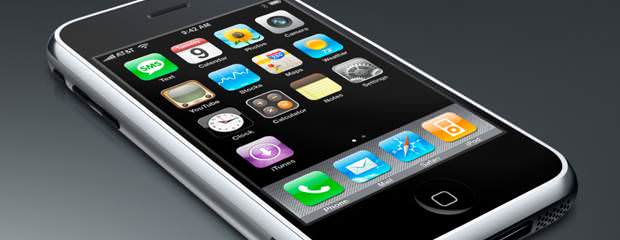
Quantifying our lives will be a top trend of 2012
This shift to quantified self gadgets is as well coming with a change in attitudes about privacy, or meanwhile it seems that way. The research is racing ahead, previously we actually decide whether we prefer personalization over privacy. Webcams, camera phones, and motion-sensing systems are just the beginning of this technological explosion. Used in conjunction with the cloud, or web-connected data centers, the quantified self movement promises to capture a huge amount of information about ourselves and contribute considerably to the Big Data infrastructure that enterprises are creating to safely store all of this information. In that sense, the Quantified Self in point of fact enlists just about every research company imaginable in the service of recording our daily lives.
There are downsides to knowing so much about ourselves. The problem is very similar to people “oversharing” information about themselves on social networks just as Facebook or Twitter. If the federal authorities got hold of your GSR data, they could figure out if you were lying while an interview, since GSR can be used in lie detector tests.
Steve Jobs, the former chief of Apple, created some of the key innovation for monitoring our lives with the iPhone and the iPad, which can measure our location, our movements, our cell phone usage, and other deeply personal kinds of data. But he railed against reporters who invaded his privacy by disclosing information about his deteriorating health.
Will Wright, the world famous game designer who created The Sims and SimCity, believes that all of the Big Data collected about our personal lives can be used to create new kinds of mobile-based games which he calls “personal gaming.” Personal gaming is a game in other words customized for each individual player, taking into account real-life situations surrounding the player that make the game more interesting to that player.
- · Rackspace debuts OpenStack cloud servers
- · America's broadband adoption challenges
- · EPAM Systems Leverages the Cloud to Enhance Its Global Delivery Model With Nimbula Director
- · Telcom & Data intros emergency VOIP phones
- · Lorton Data Announces Partnership with Krengeltech Through A-Qua⢠Integration into DocuMailer
